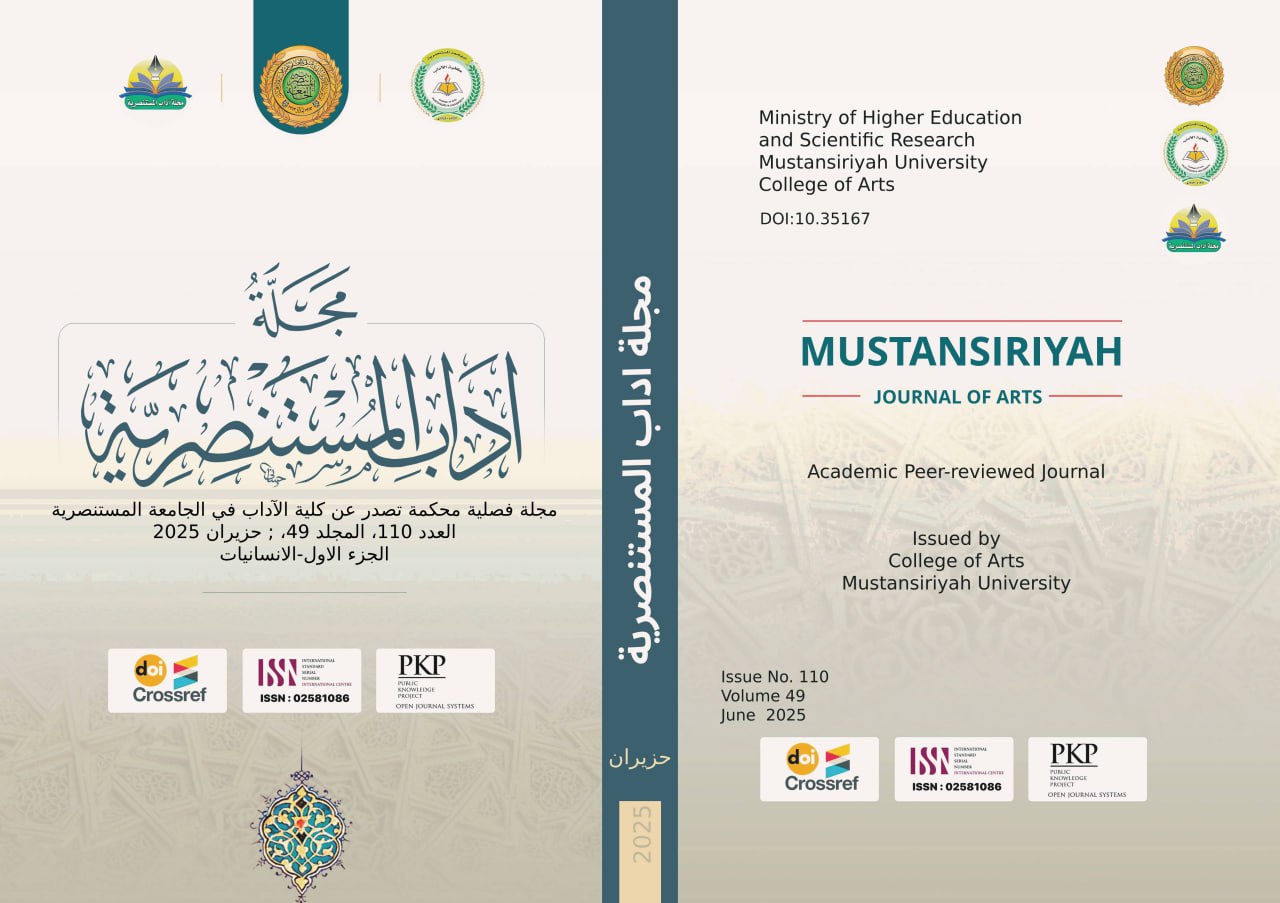Abstract
The paper examines the effectiveness of using AI tools in predicting English-Arabic terminology during pre-interpreting sessions. As proper terminology preparation is considered a key component of successful interpretation, AI tools have presented new ways for interpreters to perform their tasks more efficiently and effectively. This paper, therefore, employs an empirical approach in investigating the predictability of AI-selected tools to come up with contextually correct and semantically accurate terms. Controlled experiments involving professional interpreters who evaluate the quality and relevance of the terms generated by the AI are presented. Results show that AI tools help in significant time reduction and increase the accuracy of the terminology while preparing domain-specific terminology. However, several limitations were discovered in contextual discrepancies and domain-specific challenges. This study underlines the potential of AI as a supportive resource in pre-interpreting preparation and further emphasises the need for refinement in AI systems in dealing with contextual and linguistic complexities arising during professional interpreting contexts.
Keywords
AI
Empirical Study
Prediction
simultaneous interpreting
terminology
Abstract
تناقش الدراسة الحالية اهمية استخدام أدوات الذكاء الاصطناعي في التنبؤ بالمصطلحات الإنجليزية خلال جلسات ما قبل الترجمة الفورية الى العربية. نظرًا لأن الاعداد الجيد للمصطلحات يُعد عنصرًا أساسيًا لتحقيق ترجمة فورية يشار لها بالبنان، فقد قدمت أدوات الذكاء الاصطناعي اساليب مستحدثة يمكن من خلالها للمترجمين الفوريين أداء مهامهم بكفاءة. تعتمد هذه الدراسة منهجًا تجريبيًا للتحقيق في مدى قدرة الأدوات القائمة على الذكاء الاصطناعي على التوصل إلى مصطلحات دقيقة من الناحية السياقية والدلالية. وتشمل الدراسة تجارب محكمة مع مترجمين فوريين محترفين لتقييم جودة وملاءمة المصطلحات التي تولدها أدوات الذكاء الاصطناعي. أظهرت النتائج أن أدوات الذكاء الاصطناعي تساهم بشكل كبير في تقليل الوقت وزيادة دقة المصطلحات أثناء التحضير لمصطلحات متخصصة في مجالات محددة. ومع ذلك، تم اكتشاف بعض القيود المتعلقة بالتناقضات السياقية والتحديات الخاصة بالمجال. تؤكد هذه الدراسة على إمكانيات الذكاء الاصطناعي بوصفها وسيلة داعمة في مرحلة التحضير للترجمة الفورية، مع التأكيد على الحاجة إلى تحسين نظم الذكاء الاصطناعي للتعامل مع التعقيدات السياقية واللغوية التي تنشأ في سياقات الترجمة الفورية المهنية.
Keywords
الذكاء الاصطناعي، الترجمة الفورية ، التنبؤ، المصطلحات ، دراسة تجريبية
